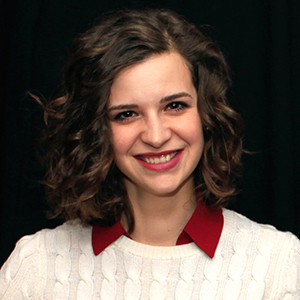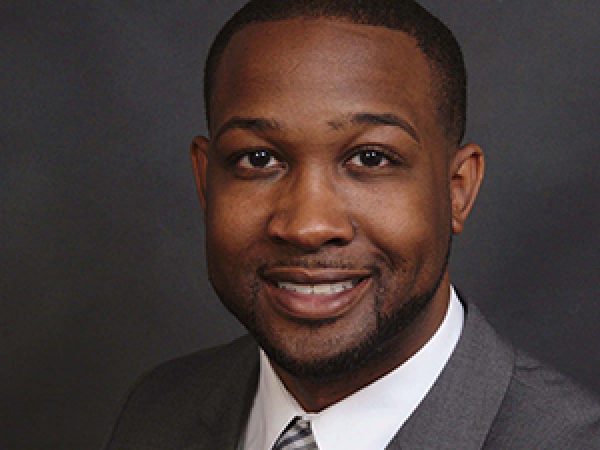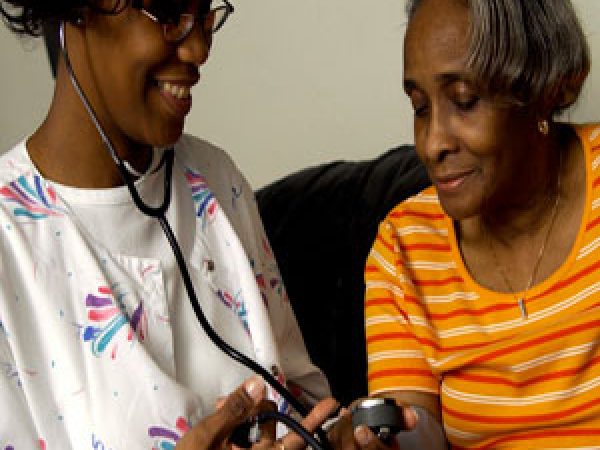Successfully Navigating the AACR Annual Meeting
Editor’s Note: Kelsey Hampton, BS, is a member of the Associate Member Council (AMC)-led Communications Committee. Formed in 2015, this is one of three AMC-led committees created to assist the AMC in engaging with the associate members of the American Association for Cancer Research (AACR) and to allow the AMC to expand its career development programming and initiatives. The goal of the AMC is to foster excellence in cancer research through initiatives related to communications, education and training, and collaboration.
Guest Post by Kelsey Hampton, BS
Member of the AACR’s Associate Member Council-led Communications Committee
The AACR Annual Meeting can be an overwhelming experience, especially to a trainee. Between poster sessions, attending talks, workshops, and networking events, it is easy to get lost in the cancer research milieu. This blog post will provide you with tips and tricks that have worked for me as a past attendee of the AACR Annual Meeting.
1) Before the meeting, do your homework. The best way for me to strategize is to plan out my schedule well in advance. Here are some tips to plan before leaving home:
- Utilize technology from AACR. The AACR Annual Meeting Online Itinerary Planner is a powerful tool to see everything available at the meeting at any time of the day. I use this to plan out the important talks, events, and posters that I want to see. It conveniently syncs with the AACR Annual Meeting Program Guide App, which provides a comprehensive guide to the Annual Meeting, including presenter names, times, abstracts, and maps.
- The Annual Meeting is one time where I voluntarily double book myself. Since there is so much to see at the Annual Meeting, it’s likely two interesting events will overlap with one another. I set my schedule with both concurrent events and move between scientific sessions as needed.
- RSVP for the necessary events that require it. A handful of events, workshops, and networking events in particular require a RSVP, or a fee, before attending. Taking care of the paperwork in advance will streamline your meeting and minimize stress.
2) After arriving at the meeting, I recommend familiarizing yourself with the itinerary you’ve planned. Some days host events as early as 7 a.m. and other sessions will run until late in the evening. Starting the meeting with an organized schedule helps me to see everything I wanted to see.
- Diversify your schedule from just lectures and posters. There are a number of unique events available at the AACR Annual Meeting that are not available anywhere else. In particular, the Associate Member Council (AMC) hosts several professional development events, providing an opportunity for education and networking with current AMC members and other attendees.
- Network with people in your sessions. I like to talk with people at events, since they likely have a similar interest in the session. When exchanging business cards with a new contact, I recommend writing a note on the back describing how you met that person and what you talked about.
3) Returning home from the meeting, I finally have free time to process everything that I learned. This is an opportunity to follow up with contacts and references from the Annual Meeting.
- I try to write down the names of presenters and their cited references to look up and review after the meeting in more depth.
- Follow up with your new contacts from the meeting. It’s likely that you will return home with a stack of business cards from the meeting. I try to connect with them on LinkedIn and send follow-up emails in the weeks afterwards to maintain contact.
Attending the AACR Annual Meeting is a great experience for any trainee. My professional career has benefited from attending the meeting and utilizing the numerous opportunities to network, learn, and receive feedback on my research. Following these tricks can help other trainees get the most out of their first Annual Meeting experience, as well.
Kelsey Hampton, BS, is a graduate student studying cancer biology at the University of Kansas Medical Center. She received a Women in Cancer Research Scholar Award at the AACR Annual Meeting 2015 and has been involved with the AACR since 2014.





Another thing to watch for are the webcasts. If there is a talk you might need to miss due to a conflict, it might be available to watch online later. But some speakers, especially those presenting drug development materials may hold back their slides due to company policy. Plan carefully if this is the case.